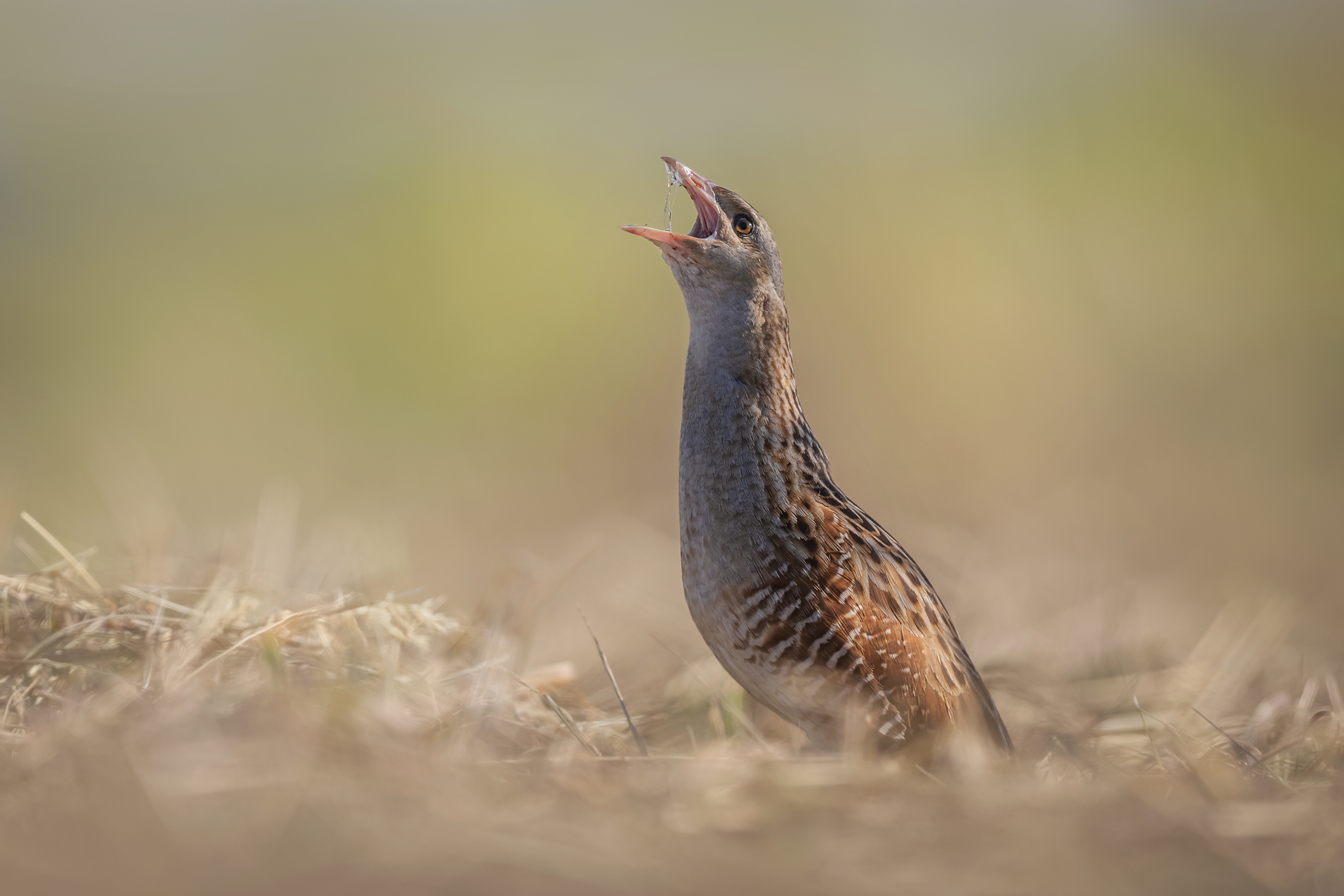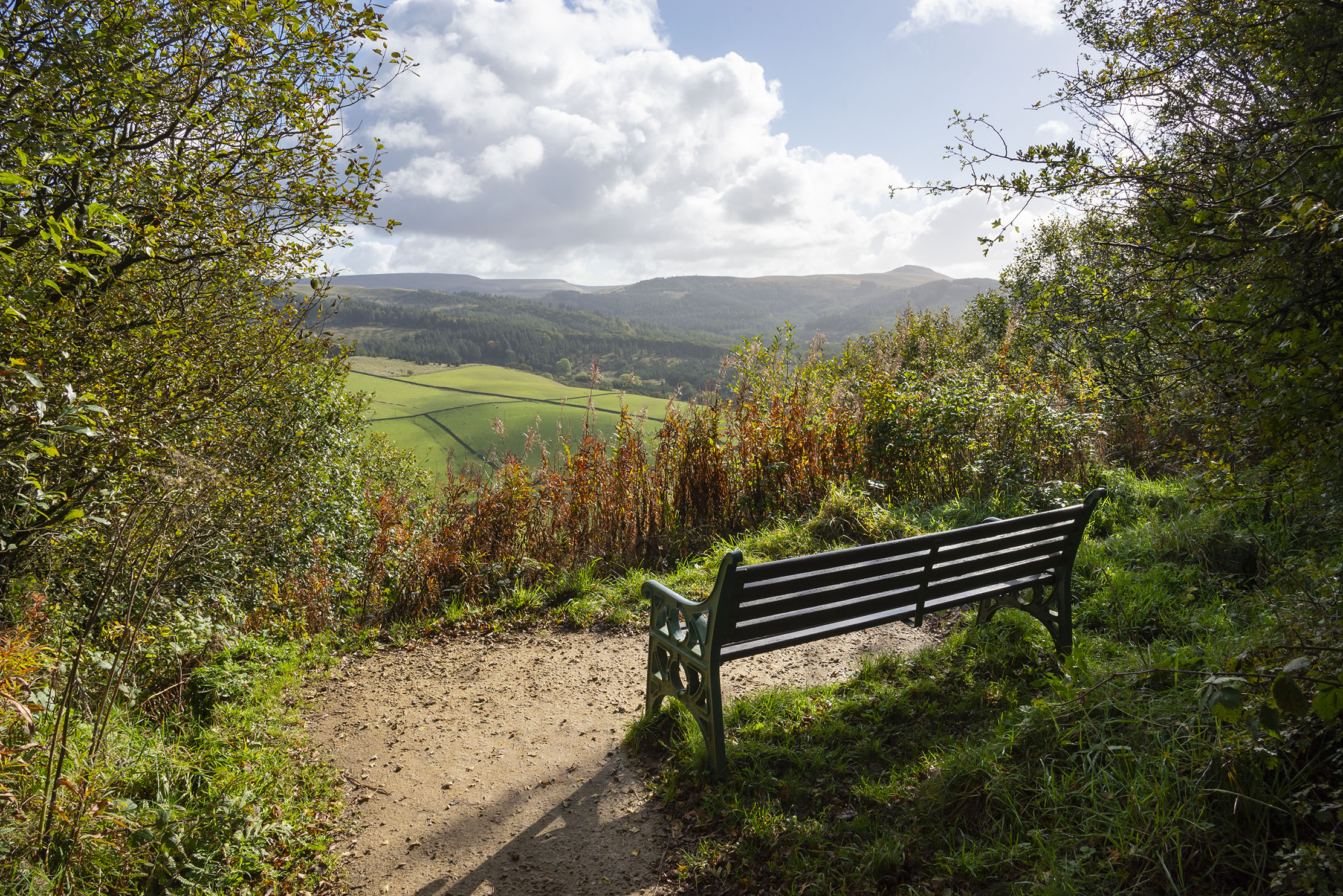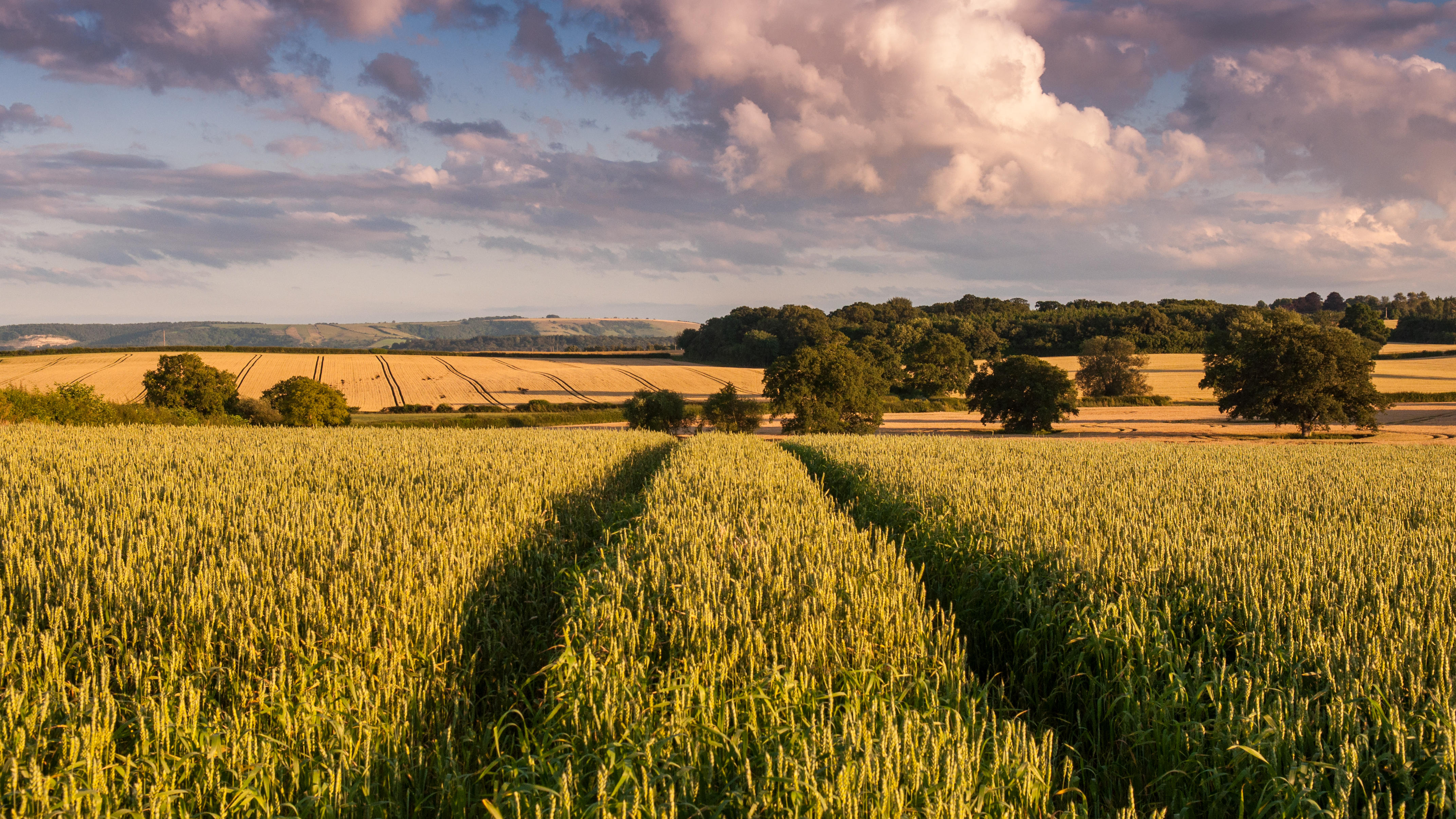Agromenes: From the big things to the little things, there are plenty of reasons to be cheerful
Our Countryside Crusader refuses to be melancholy as the autumn rolls in. Instead, he reveals plenty to be happy about.


Exquisite houses, the beauty of Nature, and how to get the most from your life, straight to your inbox.
You are now subscribed
Your newsletter sign-up was successful
Autumn is celebrated as a season of ‘mists and mellow fruitfulness’, but it is also an inherently melancholy time, particularly so this year, when summer days have been few and winter storms are already on the way. Agromenes, therefore, is stepping in to cheer us up. Not that it is easily done.
The generally downbeat view of the UK has outlasted the last fractious government and seems to have infected the present. Certainly, our deeply prejudiced press is determined to make Sir Keir Starmer’s job as difficult as possible. We may bemoan the present quality of the leaders of all political parties, but for that to turn to disillusion in democracy itself would be disastrous.
To rekindle understanding of what democratic leadership can be, we need only to go to BBC iPlayer and watch the September programme in which Amol Rajan interviewed former Prime Minister Sir John Major. This will lift hearts, whatever (almost) your political affiliation. It is a trenchant, civilised assessment in a format that gives time for proper answers and serious follow-up questions. Sir John doesn’t pull his punches, but his analysis is a measured and assured review of the issues that face Britain. He reinvigorates belief in democracy and gives good reason to push back against the political doom-mongers and instead determine to make the present system work.
That system is often derided by those who have simplistic solutions to the world’s complex issues. They suggest we need a revolutionary change in the way we are governed. Yet the history of radical revolution doesn’t suggest that this view is correct and, in any case, we don’t have time to wait for system change. We must make the system we have deliver.
Happily, there is currently a real example of the way that leadership can change the world for the better. It is highlighted in a compelling new play, Kyoto, which opened at the Stratford-upon-Avon home of the Royal Shakespeare Company earlier in the year. The production’s success means that it will now transfer to London to Soho Place Theatre on January 9, 2025, for a 16-week run.
It is a brilliant re-enactment of how the world defeated the efforts of Big Oil to stop the fight against climate change — a serious topic, but presented as a gripping spy story. Top-class acting and really clever writing keeps the audience on the edge of their seats and they leave the theatre assured that we can achieve real change even through the flawed systems by which we are governed.
We shouldn’t be inspired only by the great and the good, however. It is so often the small things and individual enthusiasms that improve the world in which we live. That’s why Agromenes has been so cheered by the recent recovery of one of Britain’s most endangered birds.
Exquisite houses, the beauty of Nature, and how to get the most from your life, straight to your inbox.
The corncrake was once a common sight and sound in the countryside. Modern farming techniques and loss of habitat had almost extinguished it, silencing its distinct crex-crex call. This may sound like ‘wood being rubbed along the teeth of a comb’, but it was once a characteristic of the East Anglian wetlands whenever the adult males returned from their overwintering in Africa.
Now, thanks to their breeding in captivity and an annual reintroduction by the Pensthorpe Conservation Trust, the corncrake seems to have been re-established in Norfolk and the colony will soon be able to grow unaided. This is only one example of what can be achieved when enthusiasts determine to push back against the destruction of the natural world and recover the biodiversity we have lost. There are beacons of hope all around the country and every one should cheer us in these dark days.
Agromenes is Country Life’s Countryside Crusader. He writes a column weekly.

Credit: Getty
Agromenes: The new government is already delivering with aplomb — and in the countryside, it's all to play for
Our countryside columnist takes a look at the early efforts and impressive ministerial appointments of the new Labour government in

Credit: Alamy Stock Photo
Agromenes: The terrible warnings which must make us take food self-sufficiency seriously again
Country Life's agriculture columnist Agromenes on why we need to learn the lessons of the tragic events of the last

James Fisher is the Digital Commissioning Editor of Country Life. He writes about motoring, travel and things that upset him. He lives in London. He wants to publish good stories, so you should email him.